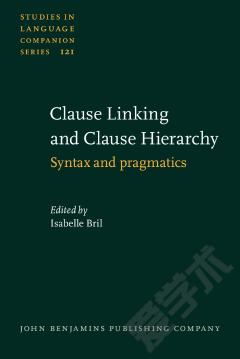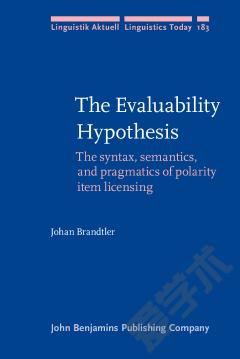The Acquisition of Direct Object Scrambling and Clitic Placement. Syntax and pragmatics.
This book offers a new contribution to the debate concerning the âreal time acquisitionâ of grammar in First Language Acquisition Theory. It combines detailed and quantitative observations of object placement in Dutch and Italian child language with an analysis that makes use of the Modularity Hypothesis. Real time development is explained by the interaction between two different modules of language, namely syntax and pragmatics. Children need to build up knowledge of how the world works, which includes learning that in communicating with someone else, one must realize that speaker and hearer knowledge are always independent. Since the syntactic feature referentiality can only be marked if this (pragmatic) distinction is made, and assuming that certain types of object placement (such as scrambling and clitic placement) are motivated by referentiality, it follows that the relevant syntactic mechanism is dependent on the prior acquisition of a pragmatic distinction.
{{comment.content}}








 京公网安备 11010802027623号
京公网安备 11010802027623号